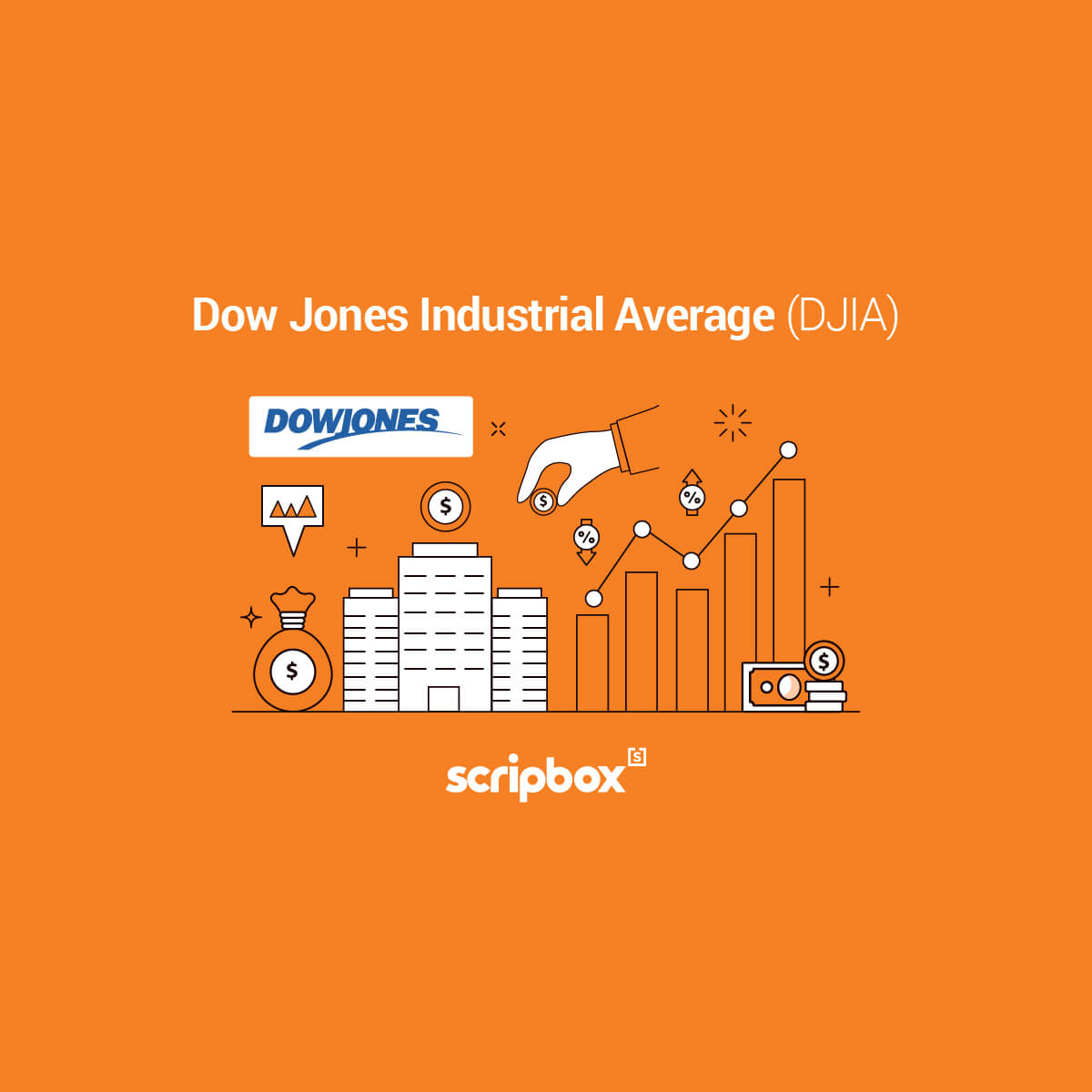In this article
5 Mins
Article Content
- What are Exchange Traded Derivatives?
- Features and Advantages of Exchange Traded Derivatives
- Types of Exchange Traded Derivatives
- Disadvantages of Exchange Traded Derivatives
- Frequently Asked Questions
What are Exchange Traded Derivatives?
Exchange Traded Derivatives (ETD) are standardised contracts that trade on the stock exchange in a regulated conduct. The exchange determines the expiration date, settlement process, and lot size and explicitly states the underlying instrument of the contract. Also, SEBI formulates the rules and regulations for trading in Exchange Traded Derivatives.
The exchange traded derivatives majorly comprise futures and options. Unlike over the counter derivatives, these contracts promote transparency by providing market-based pricing information. Furthermore, it increases liquidity and reduces flexibility and chances of negotiation.
Features and Advantages of Exchange Traded Derivatives
The following are the features and advantages of ETDs –
- Standardization: This is a differentiation feature of this contract where every contract has an expiration date, lot size, settlement process and other rules and regulations specified by the stock exchange. This uniformity eliminates the difficulty of buyers and sellers wanting specialized contracts and also makes it easy for the exchange.
- Presence of Intermediary: The parties are not dealing with each other but rather through an intermediary, which eliminates the counterparty risk. This is because the stock exchange contractually binds the parties and acts as an intermediary to eliminate any risk of default.
- Easy Offsetting: ETDs provide convenience to traders, which gives them the option to offset any previous contracts easily. The ETD can be offset without any hassle in two ways – where a trader can sell the current position in the market, and traders can purchase the offset position at a revised price.
- Rules and Regulations: This market is subject to the rules and regulations of market regulators. It is responsible for publishing daily information about major trades in the market. This regulation makes it difficult for the big players to break the rules through unfair trade practices.
- Market Depth: The ETDs have considerable market depth as they have high liquidity. This enables the traders for easy reversal positions as it does not take much time to connect with the counterparty to make an opposite bet against or sell their stake. Due to this high liquidity in the market, parties are found easily. Also, they execute the trades quickly without any significant loss.
Types of Exchange Traded Derivatives
The following are the different types of ETDs –
Stock ETDs
In Exchange traded derivatives, stocks are the most common underlying asset that is traded. The different types of stock ETDs are stock options and stock forwards. Using both types of derivatives, traders take leveraged positions on the stock price movements.
The Bombay Stock Exchange and National Stock Exchange exclusively deal in stock derivatives in India. However, stock derivatives are prime derivatives that can direct the future movement of stocks.
Index ETDs
Some traders wish to buy or sell the entire index rather than futures of just particular stocks. The index is a portfolio of stocks considered under it, forming a group of stock-related derivatives. Thus, many traders purchase or sell both index forwards and index options.
The primary difference between stock and index derivatives is the physical delivery of stock derivatives is possible. One can settle Index options only in cash. In other words, index derivatives have no physical delivery.
Some of the popularly traded index derivatives across the globe are Nifty 50, Sensex, Nikkei, S&P 500, etc.
Commodity ETDs
These types of ETDs have commodities as their underlying asset and trade on the basis of price fluctuations of commodities. Traders can trade in commodities futures in India at the Multi Commodity Exchange of India Ltd (MCX). Some of the standardized contracts of commodities include silver, gold, crude oil, natural gas, zinc, copper, etc.
Currency ETDs
Currency ETDs allow traders to trade in the price movement of the currencies in the financial market. Unlike the OTC derivatives that trade in various currencies simultaneously and provide negotiation options, currency ETDs are regulated contracts only across specific pairs of currencies. Investors can go long and short on the futures and options for these currency pairs. For instance, the following are the four pairs of currency ETDs that the National Stock Exchange offers –
- Indian Rupee vs United States Dollar (INR-USD)
- Indian Rupee vs Euro (INR-EUR)
- Indian Rupee vs Great Britain Pound (INR-GBP)
- Indian Rupee vs Japan’s Yen (INR-JPY)
Bond ETDs
The bond ETDs allow trading in bonds as an underlying asset. For instance, NSE has an exclusive trading platform for bond derivatives products. It provides two instruments in the segment for Bond ETDs, such as interest rate futures –
- NBF II – futures on GOI securities for 6,10, and 13 years.
- 91DTB – futures on GOI treasury bill for 91 days.
Real Estate ETDs
These derivatives allow trading in real estate without actually owning the physical building or corporate spaces. These contracts were popular and at the heart of the 2008 global financial crisis. Also, they are less liquid than stock, index, or commodity derivatives. Because they are complex and structured instruments, investors with only good knowledge can manage them.
Disadvantages of Exchange Traded Derivatives
- Loss of Flexibility: The exchange traded derivatives contracts are standardized and are not customizable. There is no window for negotiation. Also, it outlines all the properties of instruments in the contracts.
Frequently Asked Questions
What is the difference between exchange traded and OTC derivatives?
The primary difference between exchange traded and OTC derivatives is how the trading happens. ETDs are standardized contracts that are traded on the stock exchange under the regulation of SEBI. In contrast, OTC derivatives contracts are not standardized and can be customized per the parties’ requirements. Also, they have fewer regulations but are not regulated by any authority.
What are the main types of derivatives?
The main types of derivatives contracts are options, forwards, futures, and swaps.
Are exchange traded derivatives regulated?
Yes, SEBI regulates the exchange traded derivatives in India.
Related Articles






As a seasoned expert in financial markets and derivatives trading, I can confidently delve into the content of the article on Exchange Traded Derivatives (ETDs) and provide valuable insights into each concept covered.
Exchange Traded Derivatives (ETD): Exchange Traded Derivatives refer to standardized contracts that are traded on a regulated stock exchange. These contracts, including futures and options, are subject to specific rules and regulations formulated by market regulators such as SEBI (Securities and Exchange Board of India). Unlike over-the-counter derivatives, ETDs provide transparency through market-based pricing information, increase liquidity, and reduce negotiation flexibility.
Features and Advantages of Exchange Traded Derivatives:
-
Standardization: ETDs are characterized by standardization, where contracts have predetermined expiration dates, lot sizes, settlement processes, and other specified rules. This uniformity eliminates complexities for buyers and sellers, making it easier for transactions on the exchange.
-
Presence of Intermediary: Parties involved in ETDs transact through an intermediary, typically the stock exchange. This arrangement minimizes counterparty risk, as the exchange acts as a contractual binding agent, eliminating the risk of default.
-
Easy Offsetting: ETDs offer convenience to traders by providing options to easily offset previous contracts. Traders can sell their current positions in the market or purchase offset positions at revised prices, streamlining the offsetting process.
-
Rules and Regulations: Market regulators, such as SEBI, enforce rules and regulations for trading in ETDs. This regulatory oversight ensures that market participants adhere to fair trade practices, making it challenging for large players to manipulate the market.
-
Market Depth: ETDs exhibit significant market depth due to high liquidity. This allows traders to execute trades quickly and efficiently, facilitating easy reversal positions and quick connections with counterparties.
Types of Exchange Traded Derivatives:
-
Stock ETDs: Commonly traded derivatives with stocks as the underlying asset, including stock options and stock forwards.
-
Index ETDs: Derivatives based on entire market indices, such as Nifty 50, Sensex, Nikkei, S&P 500, allowing traders to buy or sell the entire index.
-
Commodity ETDs: Derivatives with commodities as underlying assets, trading based on commodity price fluctuations (e.g., gold, silver, crude oil).
-
Currency ETDs: Derivatives allowing traders to speculate on currency price movements, regulated contracts across specific currency pairs (e.g., INR-USD, INR-EUR).
-
Bond ETDs: Derivatives enabling trading in bonds as underlying assets, with specific instruments like interest rate futures.
-
Real Estate ETDs: Derivatives allowing trading in real estate without physical ownership, known for their complexity and less liquidity.
Disadvantages of Exchange Traded Derivatives:
- Loss of Flexibility: ETD contracts lack customization options, being standardized and rigid. The absence of negotiation windows limits flexibility for market participants.
Frequently Asked Questions:
-
Difference between Exchange Traded and OTC Derivatives: ETDs are standardized contracts traded on stock exchanges and regulated by authorities like SEBI. In contrast, OTC derivatives are customizable contracts not subject to standardization and have fewer regulatory constraints.
-
Main Types of Derivatives: The main types of derivatives include options, forwards, futures, and swaps.
-
Regulation of Exchange Traded Derivatives: Yes, SEBI regulates exchange traded derivatives in India.
In summary, Exchange Traded Derivatives offer standardized and regulated instruments across various asset classes, providing transparency, liquidity, and risk mitigation while also having certain limitations such as reduced flexibility.